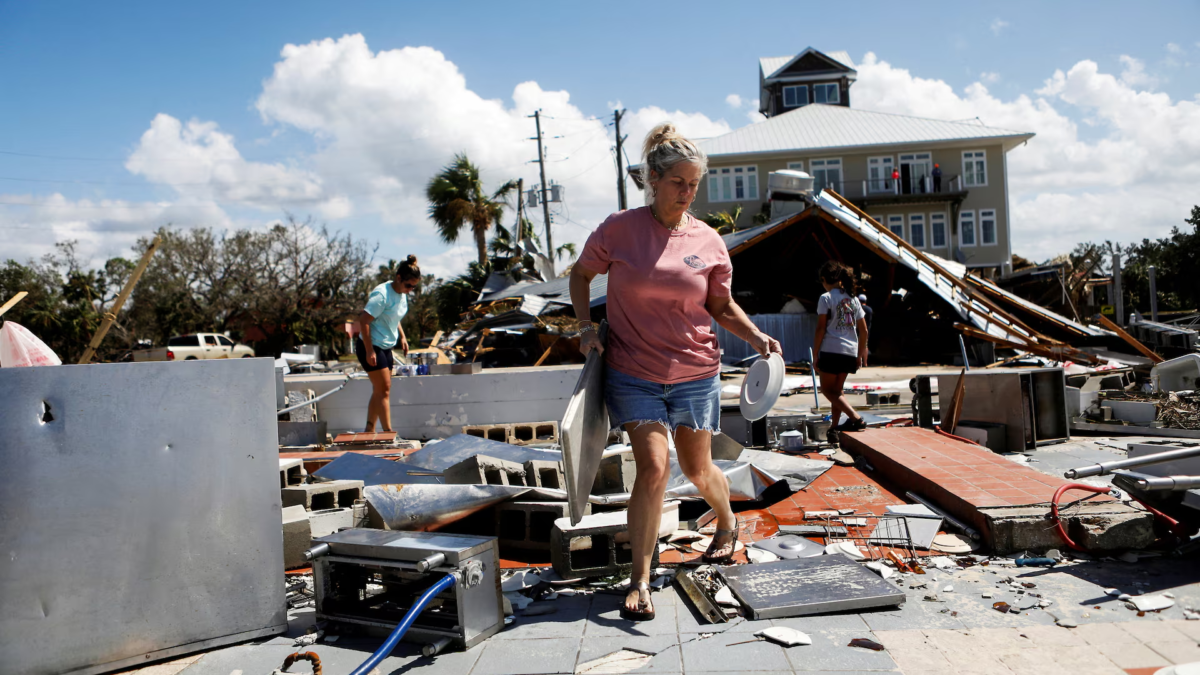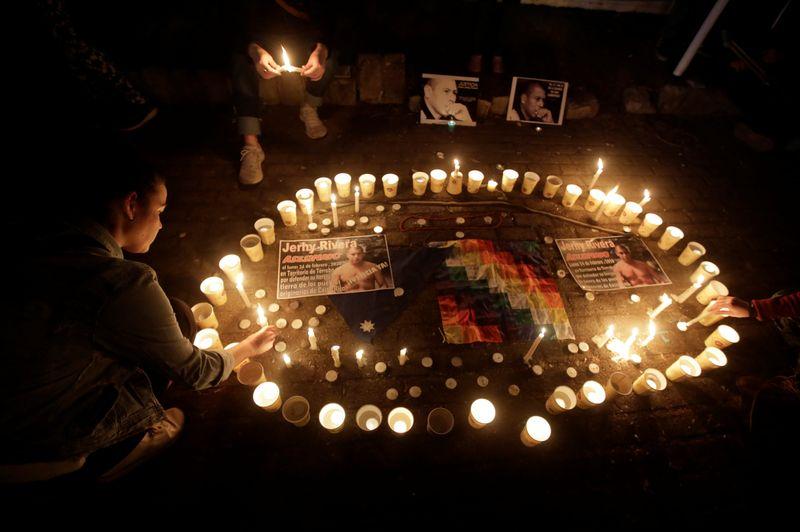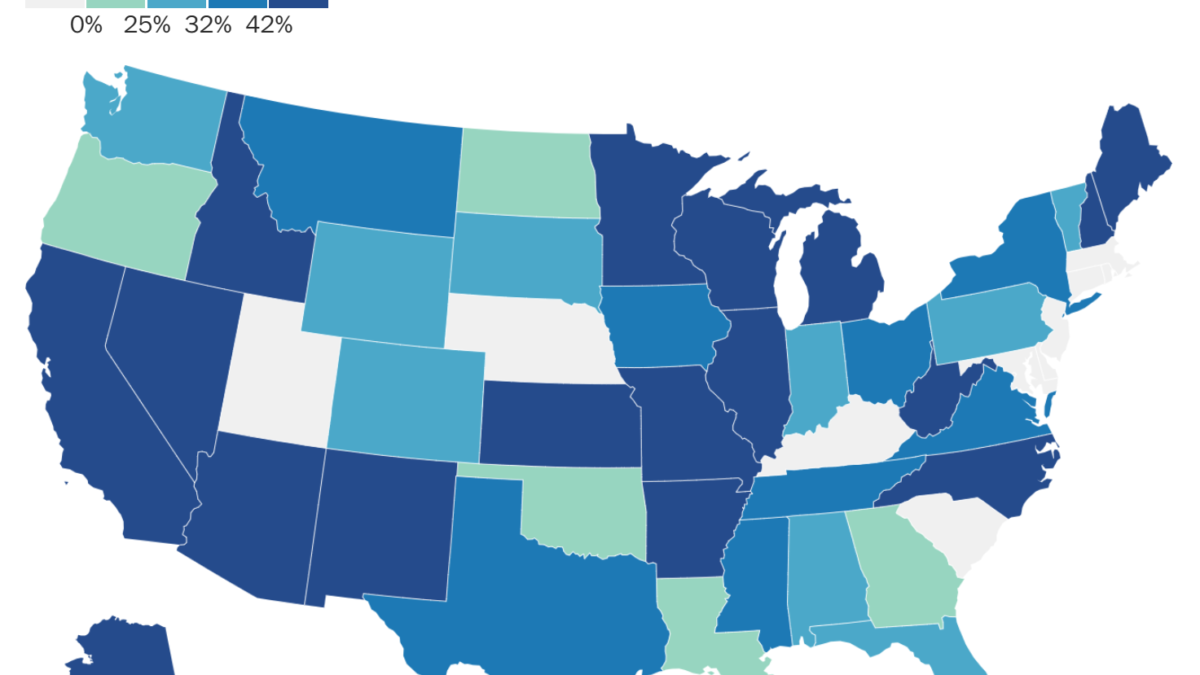Drugs running out, surgeries cancelled as Sri Lanka’s health system buckles – “This will result in a catastrophic number of deaths”
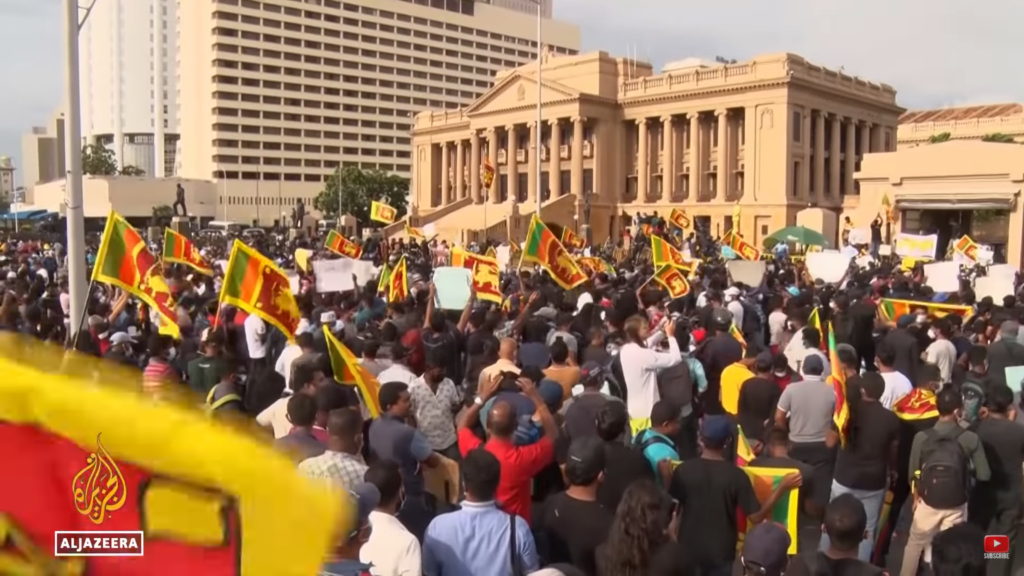
By Devjyot Ghoshal and Uditha Jayasinghe
12 April 2022
COLOMBO, Sri Lanka (Reuters) – Rosanne White was first diagnosed with cancer eight years ago and lost a kidney. After the cancer returned five years ago, an oncologist in Sri Lanka’s commercial capital Colombo started her on Bevacizumab last May, a treatment she was responding to.
White, a 58-year-old Sri Lankan retiree, said she had received the injections free of charge as part of the country’s universal government health system, which the vast majority of its 22 million people depend on.
But after 13 rounds of treatment, White said she now cannot find the injection in government hospitals.
Bevacizumab costs 113,000 Sri Lankan rupees ($359) per shot in the private market and, because she does not have insurance, White said the costs were eating into her limited savings.
“We have to call the hospital before going in for treatment to find out if our medication is available,” White told Reuters. “But what do you do when the nurses say the hospital doesn’t have the medication?”
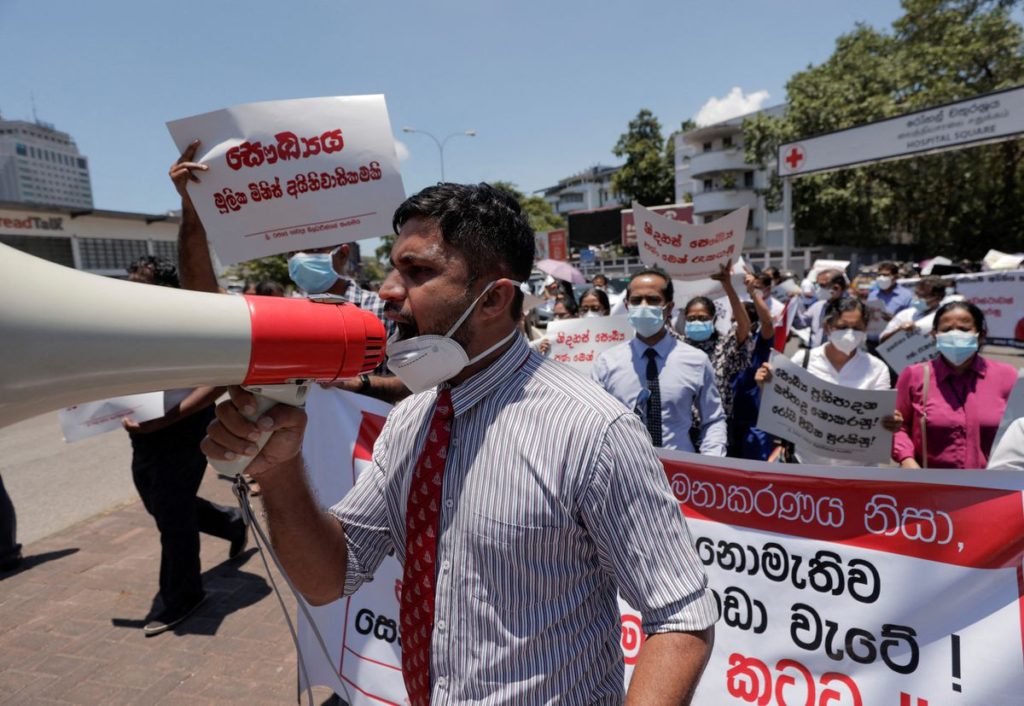
White’s struggle to find Bevacizumab in state-run facilities is an early sign of how Sri Lanka’s healthcare system is close to collapse, under the weight of the island nation’s worst economic crisis. As well as shortages of vital drugs, some procedures and tests have been suspended.
The lack of foreign exchange has left President Gotabaya Rajapaksa’s government unable to import essentials including medicines and fuel, causing crippling power cuts and bringing thousands of protesters on to the streets demanding his ouster.
Reuters spoke to two government officials, six doctors and a healthcare union leader who said they had not seen Sri Lanka’s health system in such a bad way before.
An internal memo from a major state-run hospital in Colombo seen by Reuters said that only emergency, casualty and malignancy surgeries would be conducted from April 7 onwards because of a lack of surgical supplies.
Sri Lanka’s health ministry did not respond to detailed questions from Reuters about the problems facing the sector.
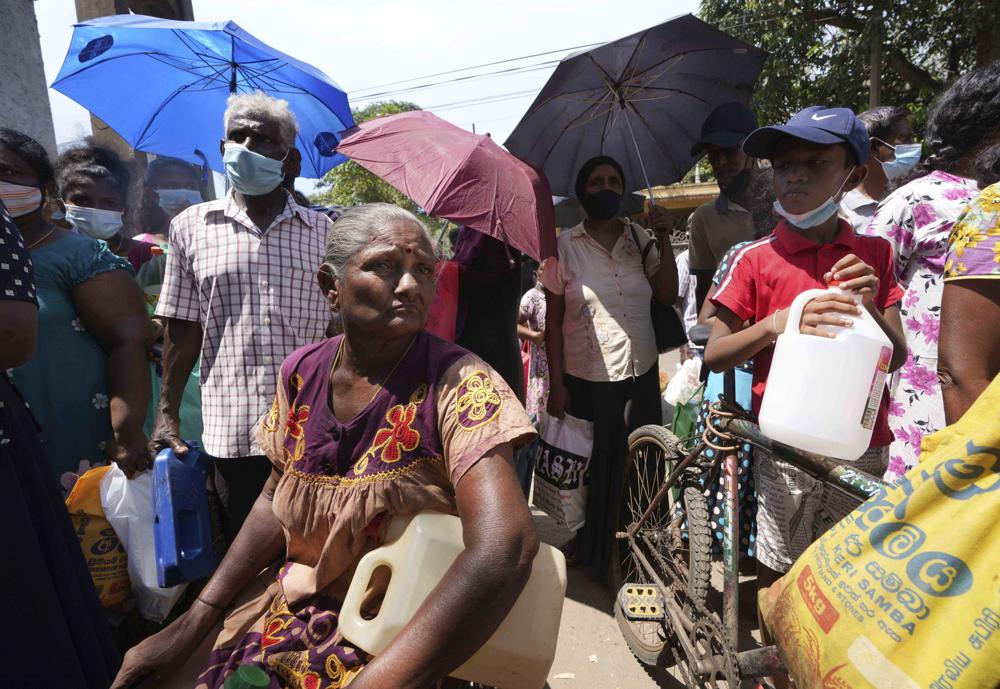
The economy, which relies heavily on tourism, has been devastated by the COVID-19 pandemic and hit by the sharp rise in oil prices in the wake of the war in Ukraine, which has made importing enough fuel unaffordable.
Some analysts have also criticised Rajapaksa’s administration for its decision in 2019 to make deep tax cuts and delay talks with the International Monetary Fund (IMF). Those negotiations are now going ahead. read more
A close aide to the Rajapaksas has said previously that the tax cuts had been designed to boost the economy, but that COVID-19 then struck.
Sri Lanka now has just $1.93 billion in foreign exchange reserves, the equivalent of less than a month’s imports, while government debt repayments of twice that amount are due in 2022.
The Sri Lanka Medical Association, the country’s oldest professional medical body, wrote to Rajapaksa last week warning him that even emergency treatments may have to be stopped in the coming days.
“This will result in a catastrophic number of deaths,” the association said. [more]
Drugs running out, surgeries cancelled as Sri Lanka’s health system buckles
Sri Lanka doctors warn of ‘catastrophe’ as medicines run low
By Zaheena Rasheed and Rathindra Kuruwita
11 April 2022
Colombo, Sri Lanka (Al Jazeera) – Doctors in Sri Lanka have warned that a catastrophic number of people could die as the crisis-hit country’s healthcare system teeters on the edge of collapse amid crippling power cuts and shortages of life-saving medications.
Drugs to treat heart attacks and tubes to help newborn babies breathe are in short supply nationwide, officials and health workers said, while blackouts are forcing doctors in rural Sri Lanka to stitch wounds and treat snakebites in the dark.
The situation is so dire that several hospitals have suspended routine surgeries and greatly reduced the number of laboratory tests, according to internal documents, forcing doctors, nurses and other healthcare workers to take to the streets in protest.
Some have also backed a growing protest movement that has been calling for President Gotabaya Rajapaksa’s resignation.
“All Sri Lankan hospitals are on the verge of collapse,” said Dr Senal Fernando, secretary at the Government Medical Officers Association. “The situation will deteriorate in the next two weeks and people will start dying if action is not taken now.”
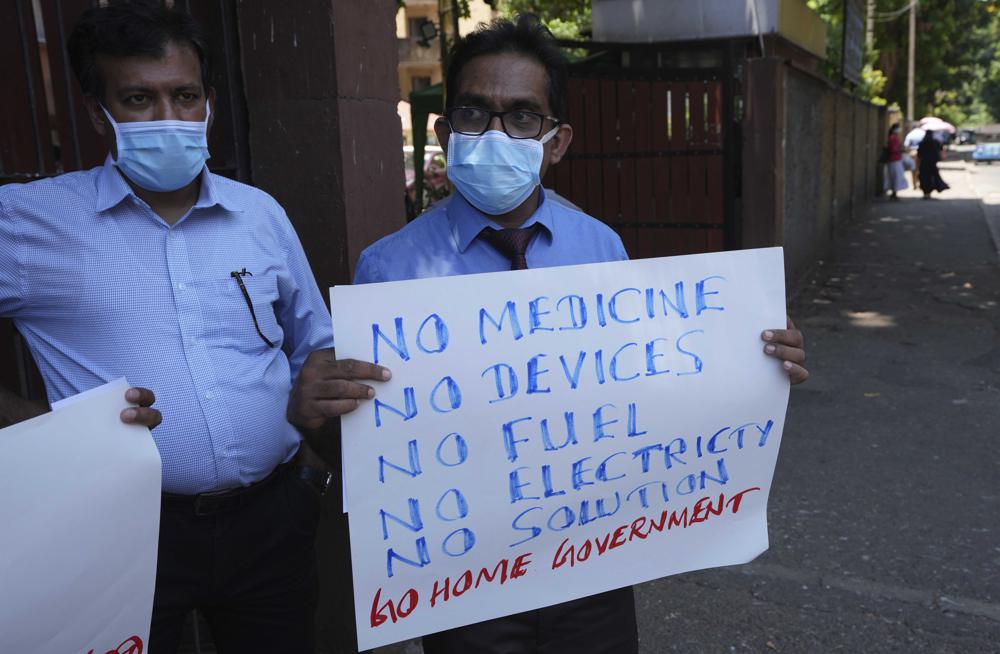
Any patient deaths due to drug shortages could result in “riots at the hospitals”, he warned, adding that the government has failed to acknowledge or be transparent about the severity of the crisis.
“The government doesn’t care. They don’t tell the people anything.”
Sri Lanka, an island nation of 22 million people, is grappling with its worst financial crisis in decades. An economy battered by the COVID-19 pandemic has been pushed to the brink of meltdown, partly due to the Rajapaksa government dipping into the country’s foreign reserve to pay off its debts.
In less than two years, the reserve has plunged by more than 70 percent. According to central bank figures, it stood at $1.93bn by the end of March.
‘Nightmarish situation’
Unable to pay for imports, including fuel and medicines, the government has resorted to electricity cuts and asked India and China to help pay for essentials. It is also seeking a bailout from the International Monetary Fund (IMF).
Doctors say the power cuts and the medicine shortages have created “a nightmarish situation”.
In the central Nuwar Eliya highlands, one doctor at a state hospital said the blackouts have forced him to treat patients who seek help at night by torchlight.
“My hospital caters to the poor. Most of them seek treatment for accidents and alcohol-related injuries,” he told Al Jazeera. “In the past few weeks, I have cleaned, applied medicines to and stitched wounds of more than two dozen people without any electricity.
“It feels as if we are back in the 19th century.”
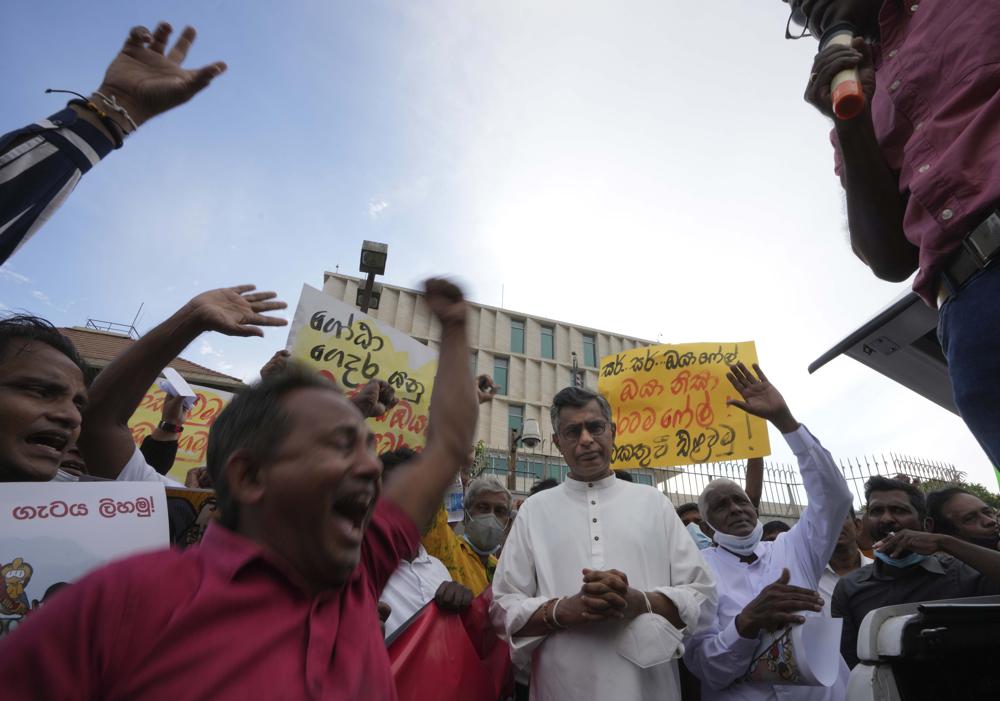
The doctor, who spoke on the condition of anonymity as he was not authorised to speak to the media, said his hospital does not have antibiotics and will soon run out of gauze.
Meanwhile, in the northeastern town of Polonnaruwa, where many seek medical help for snakebites, another doctor said he has had to use lanterns during blackouts.
“But diagnosing the severity of snake bites under a lantern is not easy,” he said. “People’s lives are at stake”.
He added that the state-run clinic that he works in has to send any severe cases to a bigger hospital, but a diesel shortage has meant that “it’s increasingly hard to get an ambulance”. [more]
Sri Lanka doctors warn of ‘catastrophe’ as medicines run low
